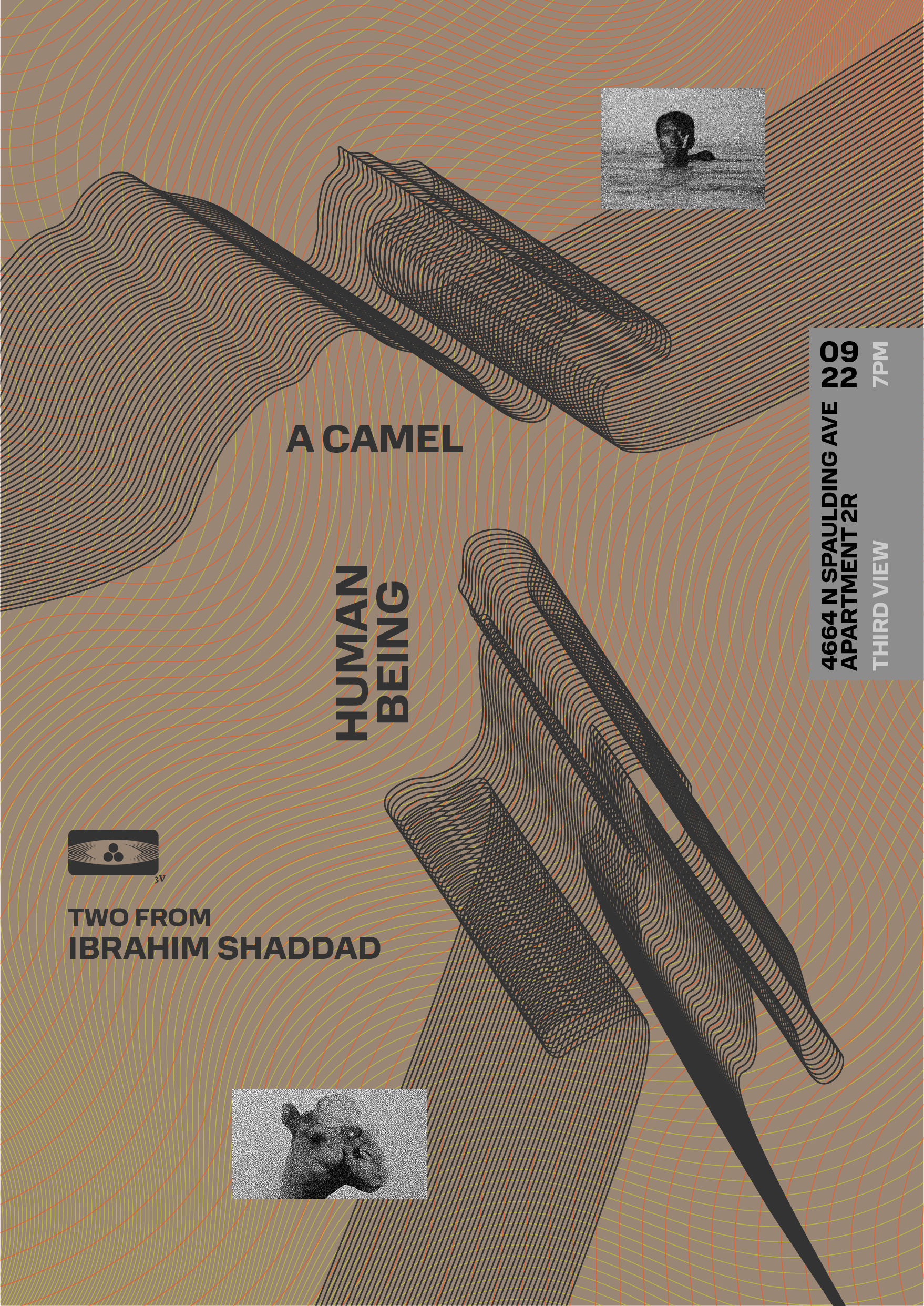| ID | Name | Type |
|---|---|---|
| 46 | Third View | Event |
Details
When we think about cinema, we often think about the spectacle. The sheer size of the screen, the giant explosions, the vast CGI worlds that we fly over. There's even a term for a film like this, the blockbuster.
But of course, as with any other art that we interact with, it's worth questioning why certain elements are prioritized or revered. Pocket Video Cinema explored much of the scale and scope of films, what does it mean to maybe scale things down, give it a different shape, or look towards a more expansive definition of cinema.But then the spectacle pops up again, the blockbuster, its allure seems so enticing, we just want to see things blow up, we just want car chases and bombastic action.
Where does it come from though? I think about the canon, film canon, what media is within reach, what media became the alphabet we used to construct our language and knowledge? To give us a specific fluency in heteronormative sex appeal and demonstrations of power. To give us familiarity with linear plots and characters representing individualism. And then to make us depend on them. Film as a spectacle to pacify, to shock and awe, to keep the audience captivated, but never motivated.
The blockbuster is named after the blockbuster bomb, as in, a bomb that would bust up a whole block. Because in a society built on violence and fluent only in the language of extraction, exploitation and causing harm, it's the same spectacle. A journalist watched a film and simply reached for the analogy that came to mind, the film they watched was like a bomb, the ease in which the two can be interchanged is not a coincidence. It's the result of the blockbuster and the blockbuster bomb coming from the same logic—a production to continue capitalism and colonialism.
Third View is a screening series taking inspiration from the Third Cinema movement as well as from "Third World" Cinema, a lineage of films and filmmakers that are asking key questions about the form they practice in, what does it mean to create revolutionary art when the tools and structures seem contradictory to our beliefs? What does it mean to develop a national cinema when funding and infrastructure comes from foreign countries? What is a spectacle, when we know that its grandness is built off our exploitation?
The programming of films don't have to explicitly be in these categories or movements, rather the importance lies in proactively building a new alternative canon, and ideally, canons. To stretch our muscles in new directions, familiarizing ourselves with different forms, plots, and styles. By building out an alternative curriculum, and learning from how other artists have explored the contradictions and conflicts that come from developing within/on/beyond a framework of flashy, empty spectacle, it both strengthens our language in imagining alternative realities and offers a roadmap to get there.

